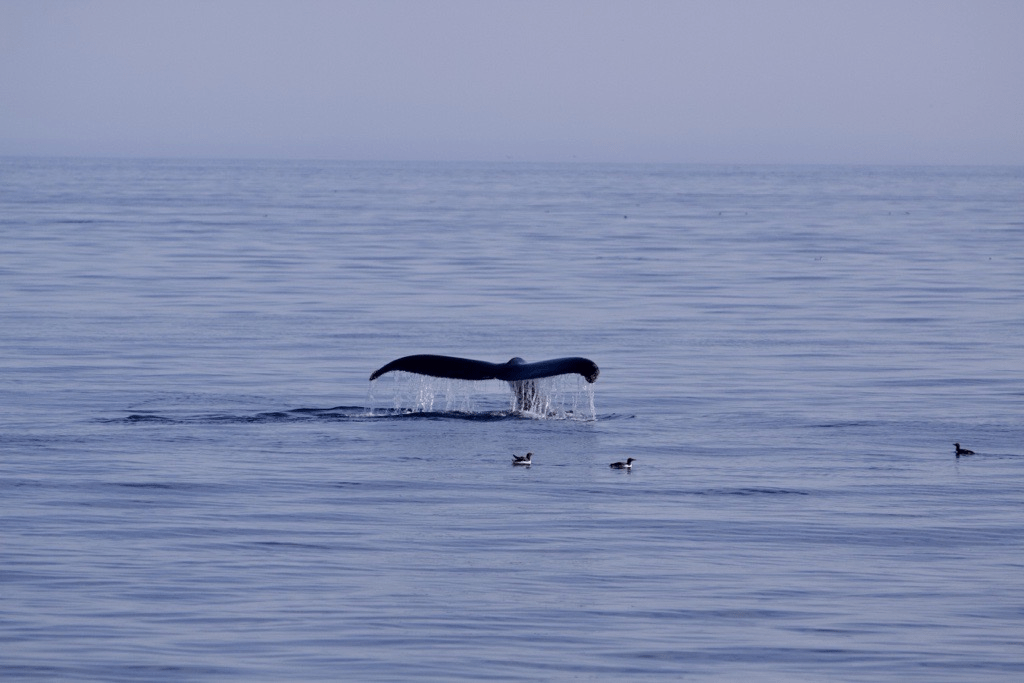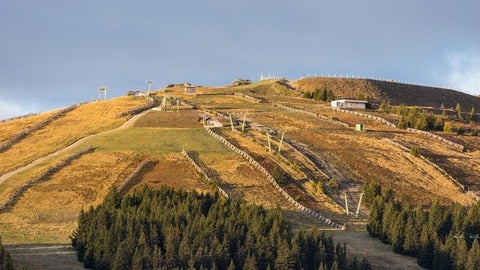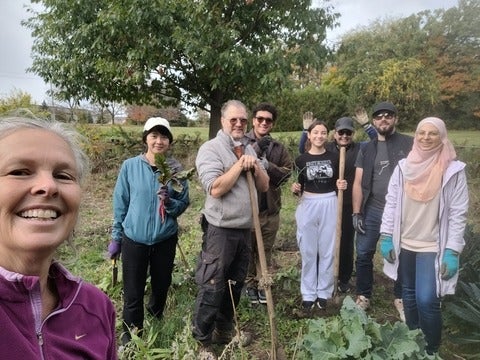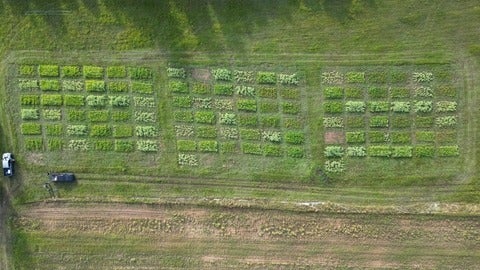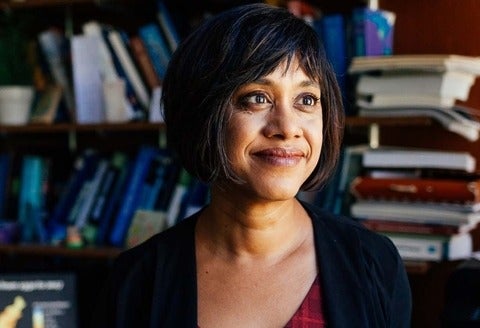One Ocean with Many Voices
Kirsten Müller, Professor in Biology and Waterloo Climate Institute delegate who attended COP28 in Dubai, reflects on the lack of discussion of nature at the proceedings. December 9th was the thematic day at COP28 for Nature, Land Use and Ocean. Many of the conversations and capacity building in the side events, pavilions and final plenary were focused on nature-based solutions for climate change, conservation, preservation and recovery of biodiversity in critical marine and terrestrial habitats. The conversations ranged from, the need to engage with indigenous communities in small island states, to establishing marine protected areas (and how to finance these), to technologies to track and retrieve fishing gear that contribute to microplastics, and the need for sustainable fishing and shipping practices.
